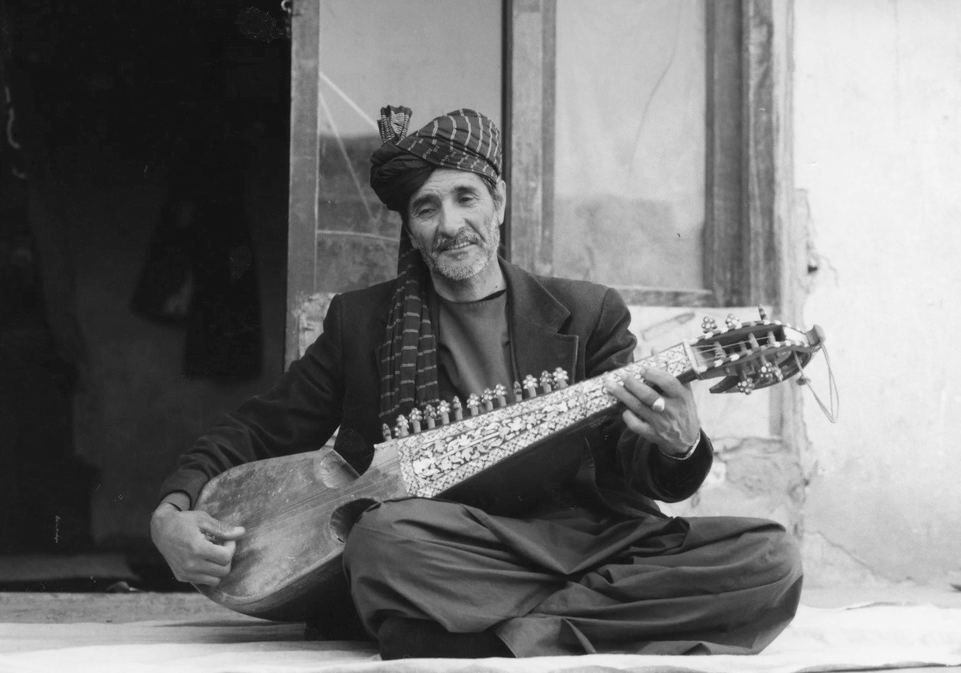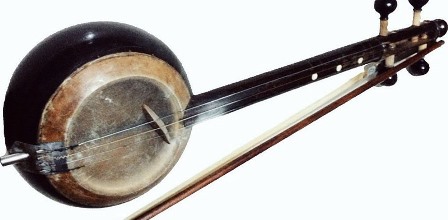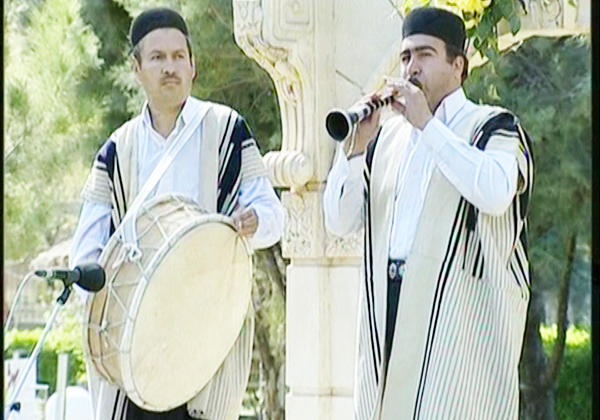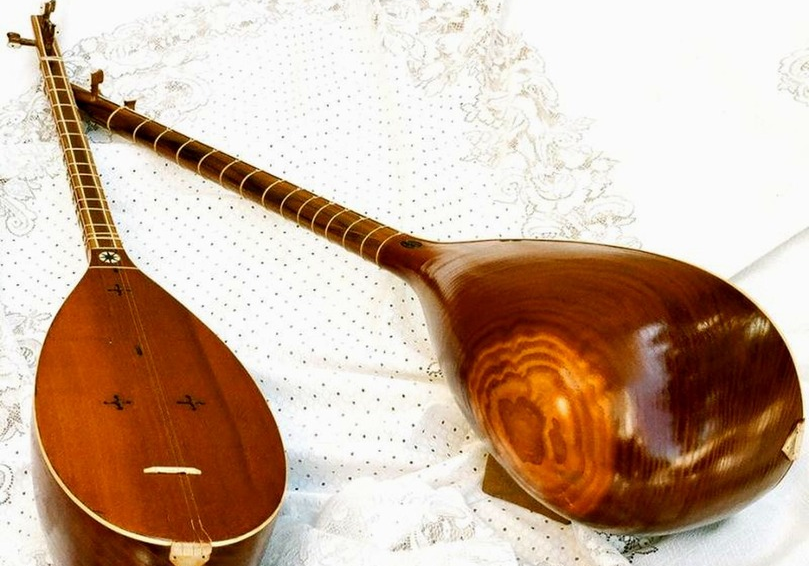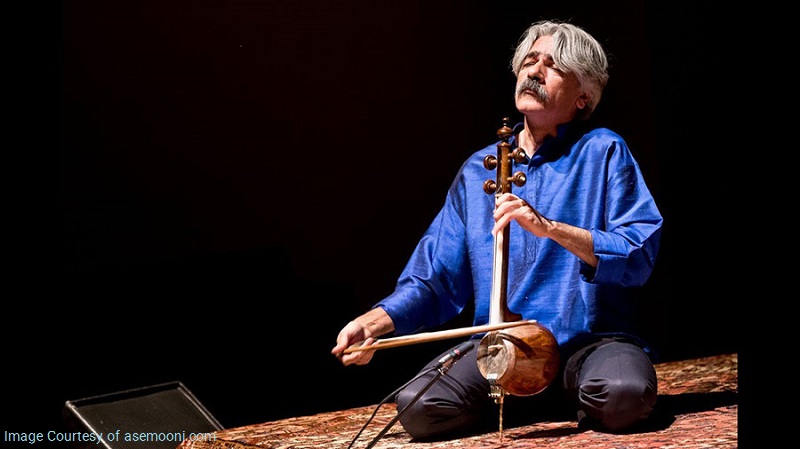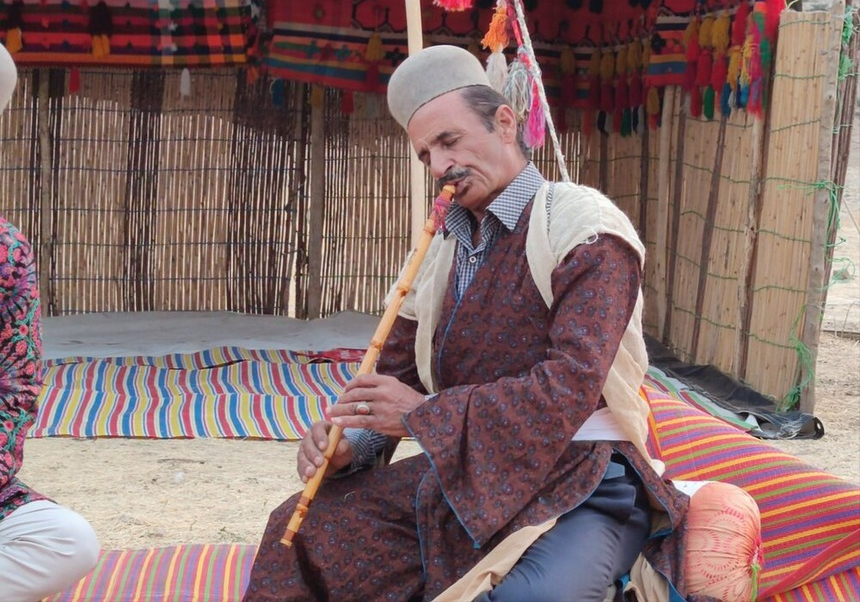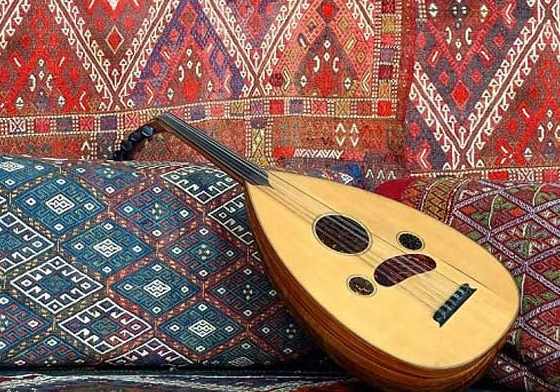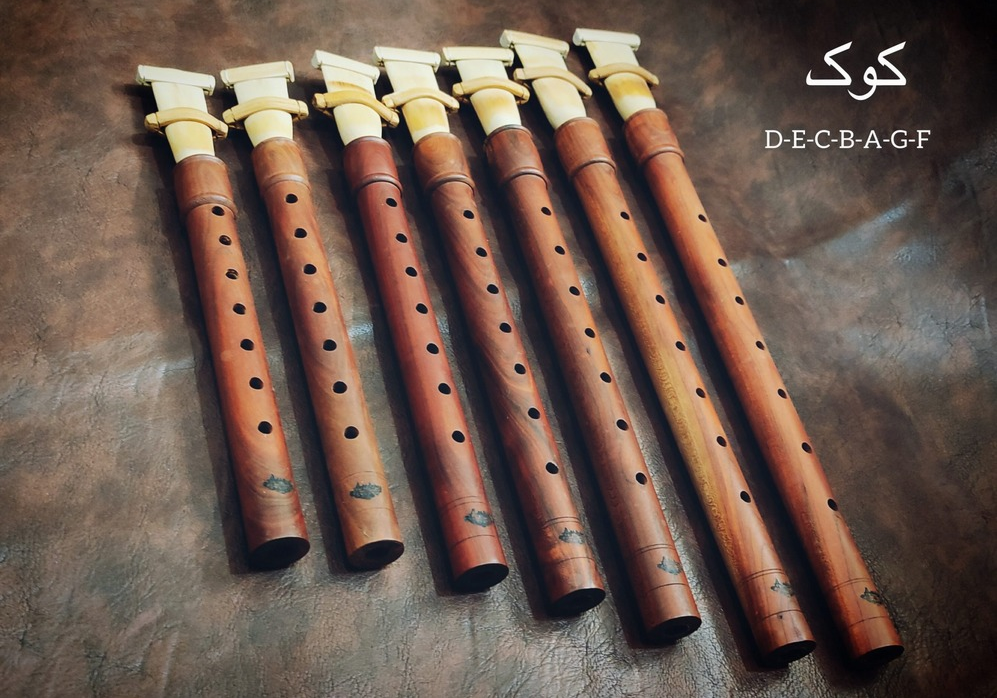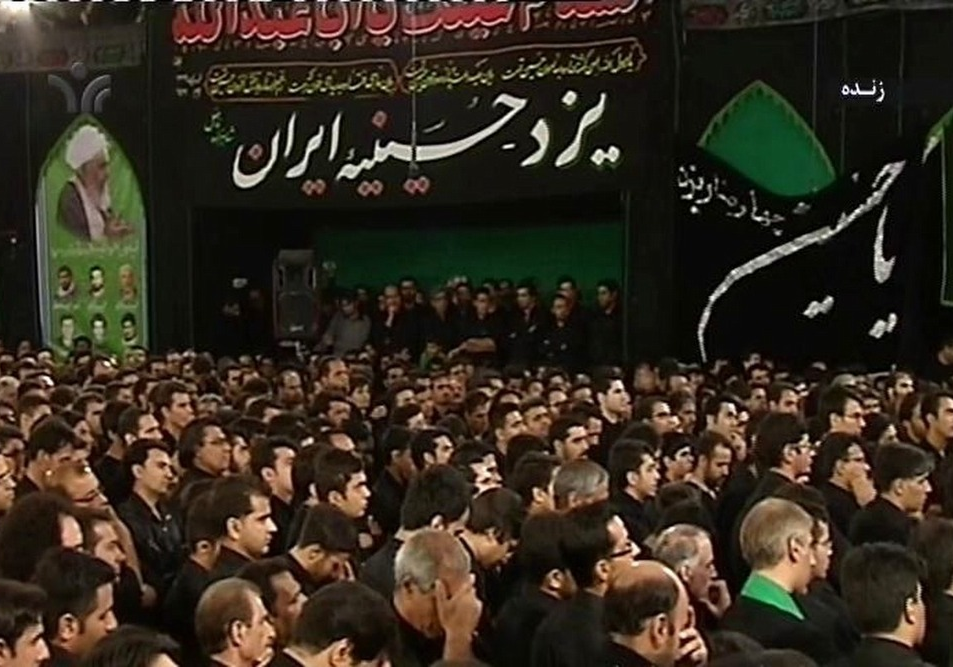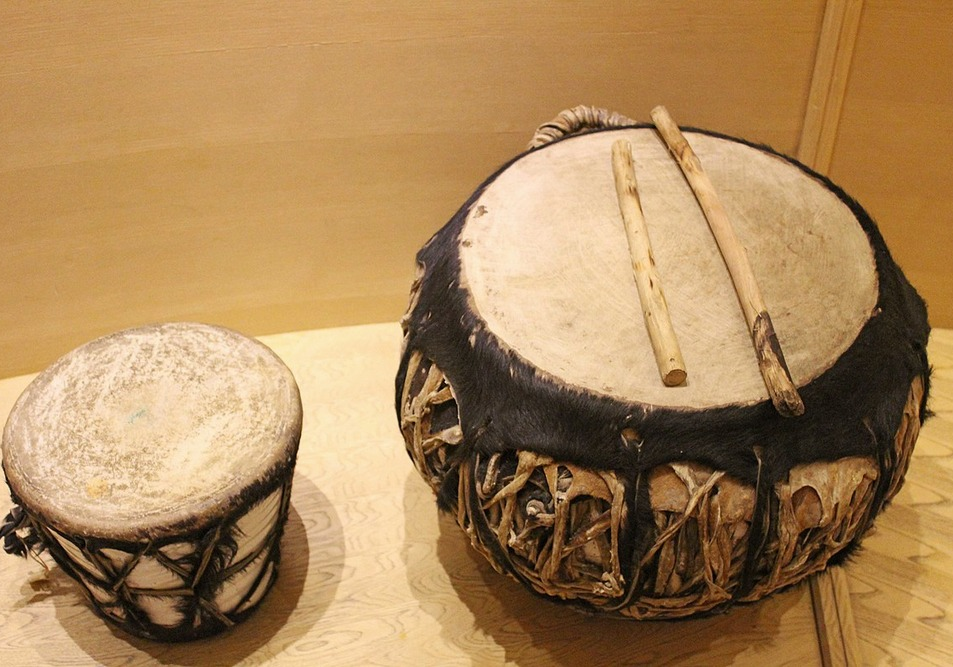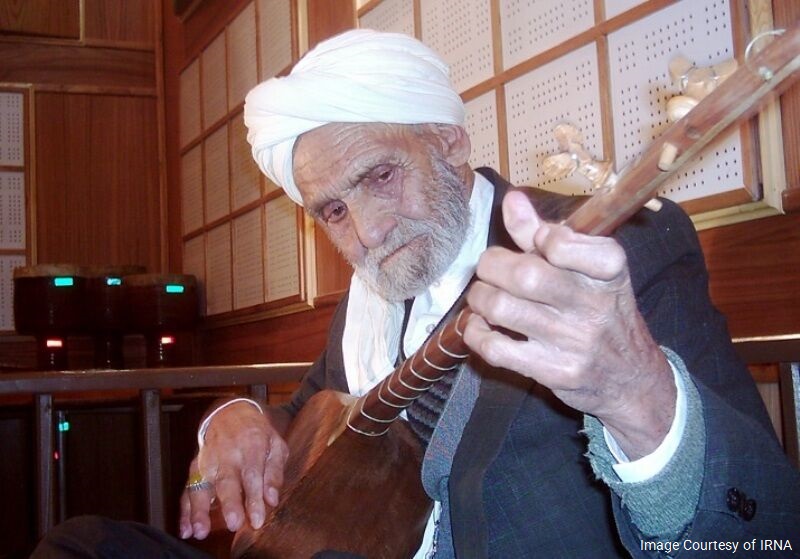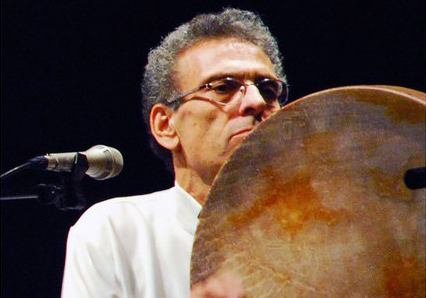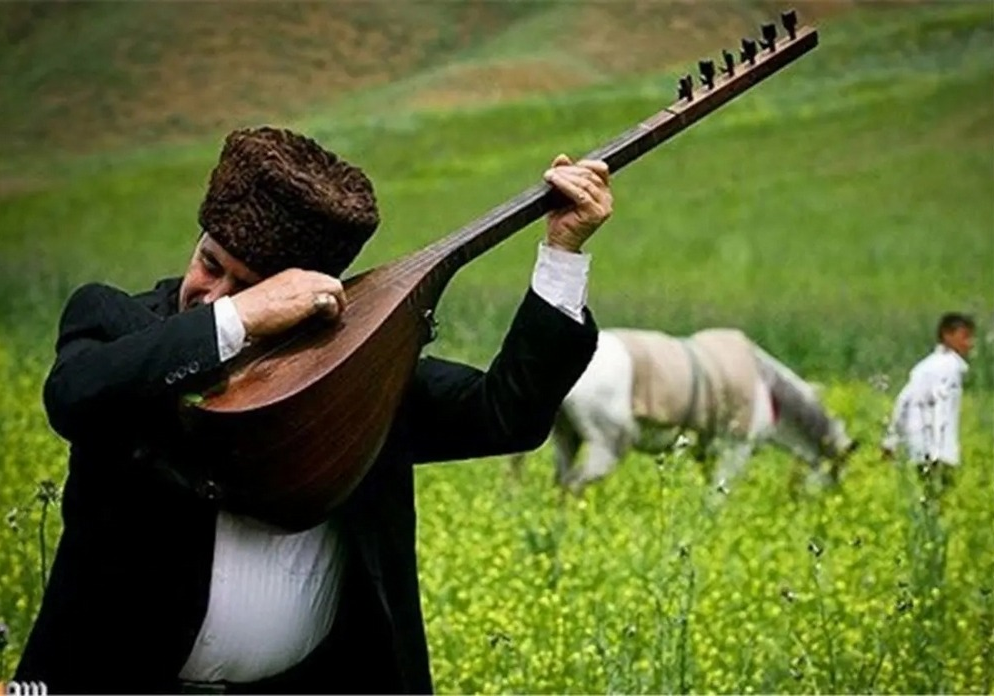
Bakhshu Khwani
Bakhshu Khwani
The devotion of Iranians to Imam Husain (AS) has caused the formation of many rituals and customs in different regions of Iran. Throughout the centuries, artists have tried to adapt themselves to the spirituality hidden in Imam Husain’s uprising and create different styles of eulogy. Maddahi (eulogy) is a special type of song in which poems are usually presented in praise of or mourning for Imam Husain (AS) and his companions and different styles of which have been created in different parts of Iran. One of these styles, inspired by the hymns of Jahanbakhsh Kordizadeh, popularly known as “Bakhshu” or “Bakhshi”, has come to be known as “Bakhshu Khwani” and has become a mourning tradition among the people of Bushehr Province.
Who Was Jahanbakhsh Kordizadeh?
Jahanbakhsh Kordizadeh was born in Bushehr in 1936 AD. Since his childhood, he used to go to Imamzadeh Mosque with his father, Miftah, and listen to the eulogy chanting of people like Seyyed Ali Mohaimenian, which created an interest in him to pursue Maddahi and began doing so in different mosques as a teenager. Bakhshu’s (his nickname) talent was quickly noticed by everyone and he became one of the renowned Maddahas of Bushehr. Over the years, Kordizadeh’s fame spread everywhere such that besides performing in different provinces of Iran, he was also invited to other countries. It is a custom among the people of Bushehr to give shawls to Maddahs during their performance and being extremely popular among his people he would, at times, receive so many shawls that his neck and head would get hidden under the shawls!
After performing in Imam Reza’s (the eighth Shiite Imam) shrine in early August 1977 AD, just before the start of the month of Ramadan, on his way back to Bushehr, Bakhshu had a heart attack and passed away in Shiraz. The sudden demise of Kordizadeh, which has been described as suspicious by some people, plunged Bushehr into mourning. The people of this city buried Bakhshu in the courtyard of Imamzadeh Mohammad Baqer after conducting a glorious funeral.
Features of Bkhshu Khwani
One of the reasons why Jahanbakhsh Kordizadeh’s style was popular among the people of Bushehr and spread to other places was his unique performance with his resonant voice. Inspired by Chavoshi Khwani and Sharveh Khwani, Kordizadeh (the traditions that had been practiced in Bushehr from the distant past and transferred from one generation to the next), Bakhshu had created his own style of eulogy. He used special melodies and lyrics and thereby distinguished his style of eulogy from what existed in the past. What made Bakhshu’s creativity manifest outstandingly was the use of a special and innovative tone. After Kordizadeh’s demise, many people tried to imitate him but no one has so far made it to the level to be considered his equal.
Many eulogists were active in Bushehr and other southern regions of Iran before Kordizadeh, but it was Bakhshu’s style of performance, which completely transformed the old styles. Bakshu has also used his own composed lyrics in his laments. In his Sharveh Khwani, he used the poems of Mafotun and Faez, two of the great poets of Bushehr. Bakhshu was also very proficient in Chavoshi Khwani; a special occasion-oriented song of the people of Bushehr and some other regions of Iran, which is sung when seeing off guests or welcoming them. Nowadays Chavoshi Khwani is mostly performed during pilgrimage trips.
Late Bakhshu’s lamentation was not limited to Muharram, but he used to recite lamentation from the 19th to the 21st of Ramadan (the days people mourn Imam Ali’s martyrdom) mostly in Dehdashti Mosque; one of the old mosques of Bushehr.
Being considered an intangible cultural heritage of Bushehr, Bakhshu Khwani was inscribed - in the name of Jahanbakhsh Kordizadeh - on the list of Iran’s intangible national heritage in the year 2017.
One of the reasons why Jahanbakhsh Kordizadeh’s style was popular among the people of Bushehr and spread to other places was his unique performance with his resonant voice.
| Name | Bakhshu Khwani |
| Country | Iran |
| Works | folk music |
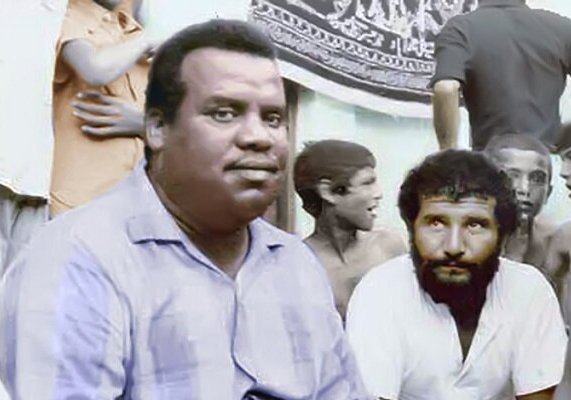
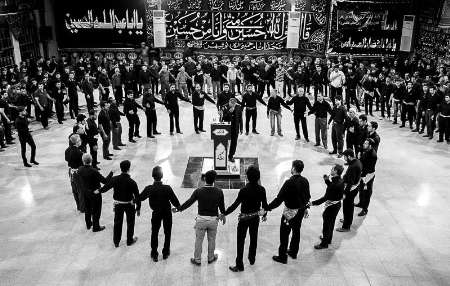
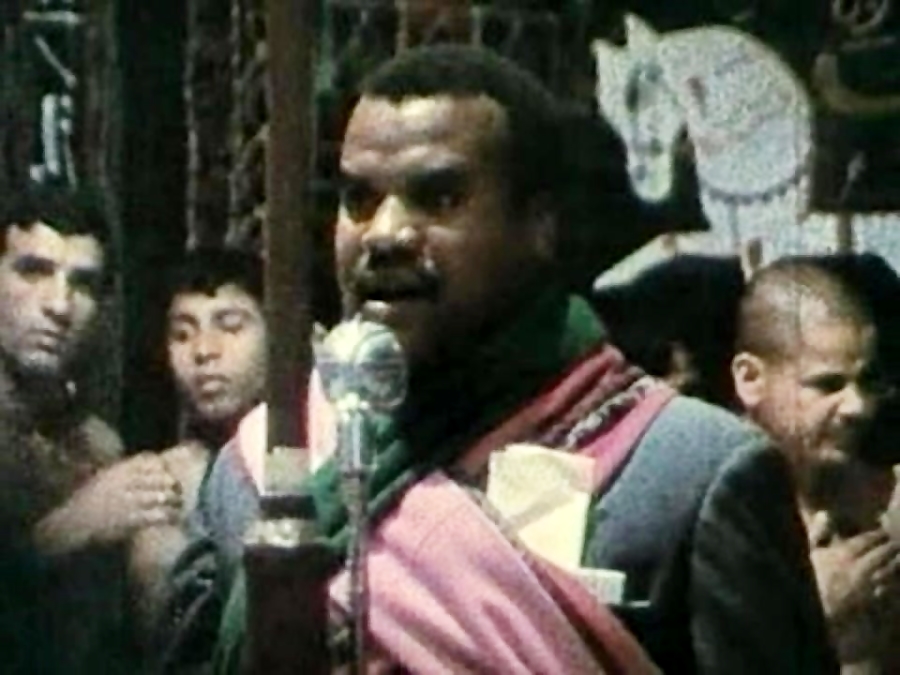



Choose blindless
Red blindless Green blindless Blue blindless Red hard to see Green hard to see Blue hard to see Monochrome Special MonochromeFont size change:
Change word spacing:
Change line height:
Change mouse type:
